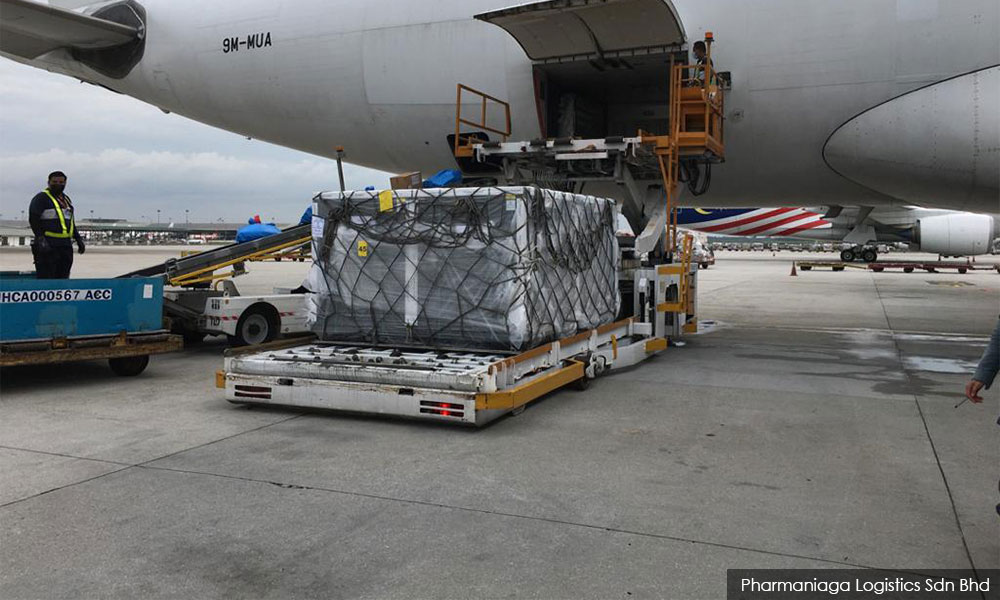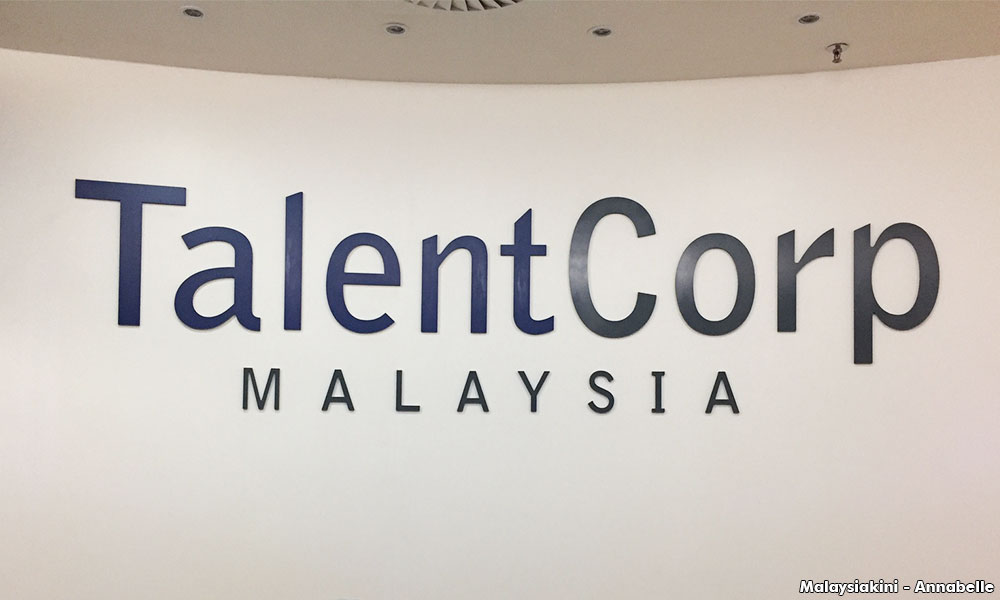LETTER | Brain drain in biomedical field must be tackled urgently
LETTER | The Covid-19 pandemic highlighted the urgent need for the biomedical science industry as many countries including those in Europe, the US and China are facing a time crunch.
They are having to rely solely on pharmaceutical companies to research, develop and produce vaccines to keep the virus at bay and safeguard the lives of their people.
After being declared a global health emergency a few years back, the World Health Organization (WHO) finally declared the end of the pandemic early this year, mainly due to the production of effective vaccines by companies such as Pfizer, Sinovac and AstraZeneca.
Unfortunately, pharmaceutical companies in Malaysia still could not make significant advancements in Covid-19 vaccine research and development during the pandemic.
It is due to various factors such as the country’s lack of incentives to bolster the biomedical industry, weak support for further research and development and heavy reliance on government incentives and subsidies.
Many local biopharmaceutical companies involved in manufacturing vaccines are either manufacturing vaccines for animals such as fowl, or are only involved with the fill-and-finish process of human vaccine manufacturing.

Ultimately, this resulted in the nation having to bring in and import vaccines from other countries. Malaysia purchased 8.4 million doses of the Sinovac Covid-19 vaccine from China, 12.8 million doses and 6.4 million doses of Pfizer and AstraZeneca vaccines, respectively.
While there had been announcements and news that Malaysia would be developing its own Covid-19 vaccine at the height of the pandemic, there have been no updates or latest developments on the matter until today.
Mohd Hair Bejo, who researches vaccines at Universiti Putra Malaysia, said efforts to develop a local jab for Covid-19 began in March 2020, following discussions between him and the Science, Technology and Innovation Ministry.
However, any progress or news regarding this matter has never been publicised.
The National Vaccine Development Roadmap in 2021 announced by then-prime minister Ismail Sabri Yaakob failed to achieve anything substantial due to the change of government.
Ismail Sabri had said the roadmap would not be focusing solely on Covid-19 as its role would be expanded to include the development of vaccines for other diseases, including head and neck cancer.
It was supposed to turn Malaysia into a hub for vaccine production and boost confidence in vaccine use. However, the lack of political will fails to see the efforts materialised.
A disadvantaged nation
Malaysia’s priority obviously lies elsewhere such as recovering the nation’s economy. The country’s weakening economy, especially post-pandemic, caused many sectors and businesses to struggle.
The pandemic also brought to light many social and political issues that the government has to tackle.
The nation’s economic issues have inevitably worsened any opportunities in research and development of the industry, leading to a brain drain of our bright minds.
This has placed Malaysia at a severe disadvantage in terms of research and development. Brain drain refers to the loss of people as they migrate from one area to another in search of better opportunities in their industry.
In Malaysia, the rate of brain drain is 5.5 percent of the population - which shows that millions of Malaysians are residing overseas for their careers.
This rate is much higher than the global average rate of 3.3 percent. For example, infectious disease expert Adeeba Kamarulzaman, had said Universiti Malaya lost at least 30 of its medical graduates to Singapore each year, and it costs the country almost RM1 million per student to train.
The biomedical science sector is particularly affected as jobs and internships with better pay and networking opportunities are available abroad.
Malaysian researchers and scientists have been underpaid for decades compared to what their counterparts are getting in Singapore and South Korea.
As of this year, the jobs in high demand in Malaysia are predominantly related to information technology, computer science and programming.
This, in return, discourages students in the biomedical industry to return to Malaysia to work, other than their strong sense of patriotism and missing their families.
This long-standing issue needs to be addressed urgently to prevent the country from losing its talent and workforce to other nations, hindering the progress and development of this country.

The biomedical science field must be looked into and measures taken immediately to stop our experienced professionals from leaving this country for greener pastures.
We must be prepared to face any pandemic in the future and this primary care sector is a matter of great concern as it also serves as the gatekeeper or the first line of defence for our healthcare.
TalentCorp, which was set up to help stem the brain drain and attract Malaysians back through its returning experts programme, has not been successful.
In 2022, the TalentCorp Returning Expert Programme (REP) total stood at 5,774, a negligible 0.33 percent of Malaysians who had emigrated.
Malaysia can look to other countries to determine how it can resolve the problem. For example, UK Prime Minister Rishi Sunak proposed a High Potential Visa to allow bright individuals from around the world to be given a two-year work visa, with a three-year visa offered to those with a doctorate programme (PhD).
And this comes without the need for a specific job offer in hand to attract students from top universities to work in the UK.
The government also needs to offer something that would incentivise youths to stay or return to Malaysia. This can be in the form of high-quality job opportunities and better publicity for existing vacancies.
We need to adopt a systemic change at every level to ensure that the stakeholders can play their roles and contribute efficiently toward bringing the biomedical-related issue to light.
A bright future for Malaysia cannot be fully realised if the brain drain issue in the biomedical field is not addressed.
The government should place greater urgency on the research and development of the biomedical science industry as global pandemics may become commonplace due to urbanisation, globalisation and climate change.
Our biomedical science field should be self-sustaining when that time comes.
Author is a Yayasan Khazanah scholar and is undergoing an internship at Institut Masa Depan Malaysia.
The views expressed here are those of the author/contributor and do not necessarily represent the views of Malaysiakini.
RM12.50 / month
- Unlimited access to award-winning journalism
- Comment and share your opinions on all our articles
- Gift interesting stories to your friends
- Tax deductable
